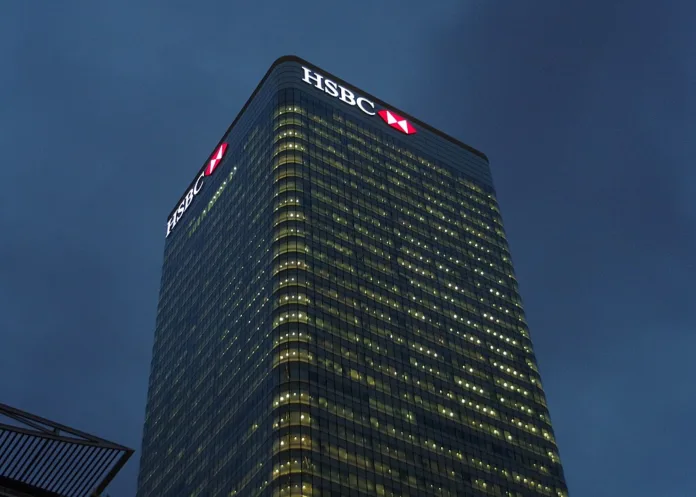Bank says lawsuit over Madoff Ponzi scheme may take “years” to resolve as profits fall 14%
HSBC has warned it could take years to resolve a long-running lawsuit linked to the Bernard Madoff Ponzi scheme, after taking a $1.1bn (£830m) charge that helped drive profits down 14% in the third quarter.
The London-headquartered bank confirmed on Tuesday that it had made the provision to cover potential liabilities arising from legal action brought by investors who lost money in Madoff’s fraudulent investment empire — the largest Ponzi scheme in history.
Madoff, who died in prison in 2021, admitted in 2009 to defrauding thousands of clients out of an estimated $65bn. HSBC provided administrative services to several funds that invested with Madoff Securities, leaving the bank entangled in litigation that has spanned more than a decade.
The provision followed a Luxembourg court ruling that rejected HSBC’s attempt to appeal in the case against its local arm. The bank now plans to lodge a further appeal, and, if unsuccessful, will continue to dispute the final amount in subsequent proceedings.
Chief financial officer Pam Kaur said the figure was based on extensive internal and external legal advice but warned that uncertainty remained. “This is a complex case,” she said. “It could take months, it could take years, as you can imagine this case itself has taken a very long time to come through. There could be some variation around that number.”
Embed from Getty Images
The $1.1bn provision contributed to a sharp rise in operating costs, which climbed 24% year on year to $10bn in the three months to the end of September. That figure also included restructuring expenses tied to job cuts and severance payments made as part of a reorganisation launched under chief executive Georges Elhedery.
HSBC’s pre-tax profit for the quarter fell to $7.3bn, compared with $8.5bn during the same period last year. The bank also booked an additional $1bn charge to cover rising loan losses related to China and Hong Kong’s deepening property crisis, which has rattled lenders across the region.
The combined impact of the provisions offset otherwise strong underlying performance, with net interest income rising 15% to $8.8bn and fee income climbing 12% to $3.5bn.
Elhedery said the results showed HSBC was “executing its strategy with focus” despite the legal headwinds. “We are becoming a simpler, more agile bank built on our core strengths,” he said. “The intent with which we are executing our strategy is reflected in our performance this quarter, despite taking legal provisions related to historical matters.”
Kaur also addressed growing scrutiny over banks’ involvement in the fast-expanding private credit market following two high-profile US company bankruptcies and warnings from both the Bank of England and the International Monetary Fund.
The Bank of England’s governor, Andrew Bailey, recently cautioned that the rise of private credit had “uncomfortable echoes” of the sub-prime mortgage crisis, while the IMF warned that a downturn in the largely unregulated sector could spill over into the wider financial system.
Kaur said HSBC’s direct exposure to private credit remained “small and in the single-digit billions”, adding that the bank was “not a big player in this space at all”. By contrast, rival Barclays last week revealed a £20bn exposure to the market, though it similarly downplayed the risks.
“What is very important in these situations,” Kaur said, “is to consider the second- and third-order risks of smaller banks or hedge funds we may be dealing with. That becomes a primary focus for us, and we are monitoring the situation very carefully.”
